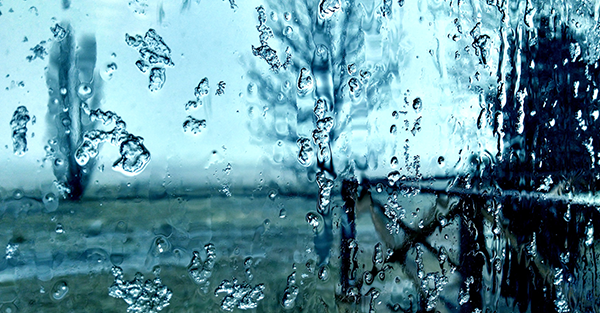
It’s usually quite noticeable how the air outside and often inside becomes drier as the cold sweeps in and gives us the winter chills. You may notice your skin and eyes becoming drier and itchy, or maybe your throat becomes irritated or you feel congested. These problems might all be the result of low humidity levels in your home.
The issue can often be remedied by incorporating humidifiers into the home. Although his may solve your current problem, you must be sure not to add too much humidity to the air. Having a well-balanced home will serve you well this winter and throughout the entire year.
Too Dry
When humidity levels in the winter are lower than they should be inside your home, many problems can occur. Aside from the issues mentioned above, you and your family can also become more susceptible to colds and flu, as viruses can survive longer in dry environments. You might also find that you suffer from nosebleeds or congestion more during the winter than in the spring and summer. Aside from its effects on your health, dry air can impact the condition of your wooden elements throughout your home, such as floors and furniture. Wood contracts when moisture is removed, which can cause floors to creak or wood to split apart under extreme conditions.
Too Humid
Although low humidity is uncomfortable and can damage your home, high humidity in the winter is more concerning. By adding extra moisture to the air inside your home in the winter, you could cause serious damage to certain elements of your home and compromise your health.
According to the EPA, you should keep your indoor humidity levels at 25 – 40% in the winter. If you allow levels to exceed this range, you could experience the following problems.
Problems with Too Much Moisture
Condensation is a common problem for many homeowners during the winter and is commonly mistaken for a leaking roof, which scares a lot of people. Someone sees a water stain or even water dripping through the ceiling and believes the roof is leaking. However, this could merely be due to attic condensation formed by excessive humidity in the air. The warm air inside your home rises to the ceiling. If your attic is improperly insulated, then this warm air can creep up into your attic space where the moisture from the air condenses and can cause problems inside your home.
Once the warm air sneaks up into your attic, your ventilation system, if functioning properly, should be able to get rid of the moisture and replace it with cool, dry air from outside. If you don’t have a good ventilation system in place, this could also be a reason for your trouble.
In addition, when the air is cold outside, this humid air that reaches your attic often freezes and forms a layer of frost. Then, on a day when the temperature is higher, this frost then remelts and can leak back into your home.
In summary, the key to preventing these moisture problems is to have three things in place:
- A good ventilation system
- A properly insulated home
- Regulated humidity levels inside the home
If you are missing even one of the three main ingredients for a healthy home, you could experience all kinds of trouble. Too much moisture could damage the insulation you do have in your walls and attic. Water could leak into your home and produce mold, mildew, and rot when not dealt with in time.
Warm air in your attic could also lead to ice damming on the eaves of your roof, which, in turn, can cause roof leaks and damage to your gutter system. The weight of ice buildup inside gutters can cause them to dislodge from the home.
You may notice water condensation or frost forming on your windows if your home is too humid in the winter. This moisture could drip down and make the wood framing around your windows begin to rot. Check out our post, Keep Your Windows Clean and Safe This Winter to avoid this.
If you need to schedule an estimate to figure out whether your home has moisture problems, contact Hedrick Construction. We install waterproof blown-in insulation, and roof ventilation systems, and Raychem ice dam prevention products for Ankeny, Ames, and Huxley area homes.
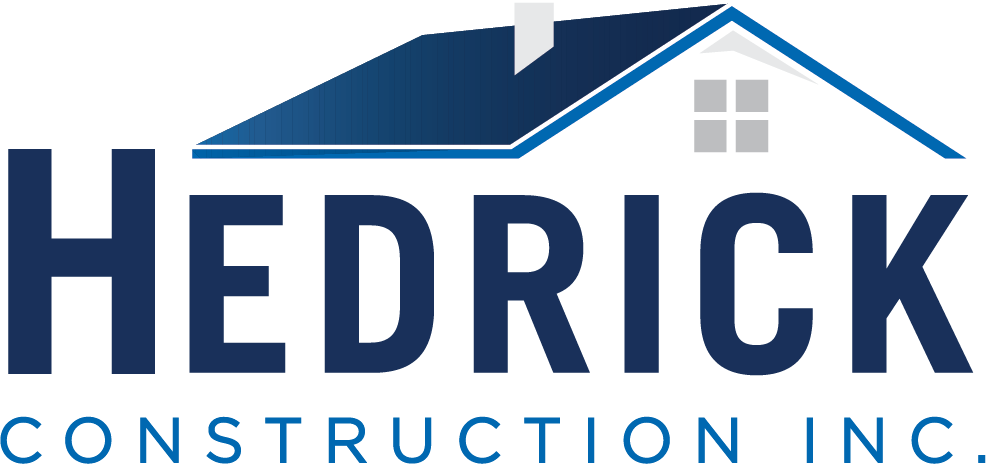


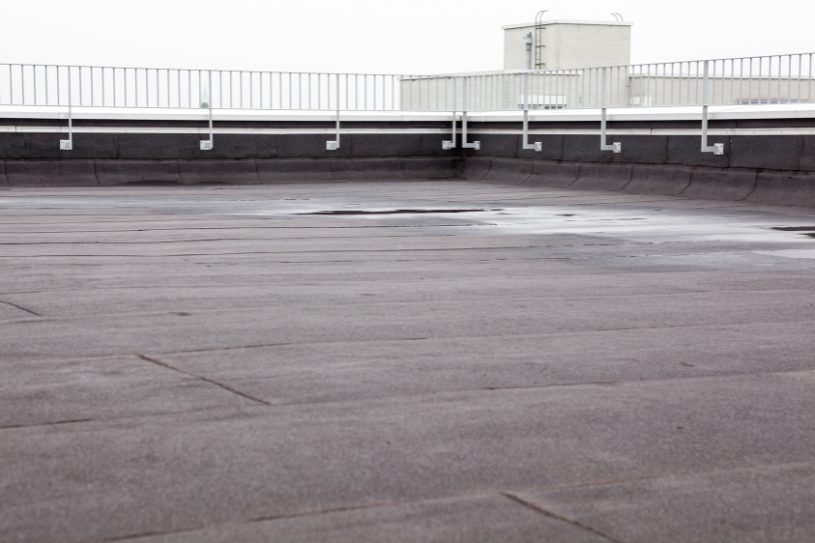
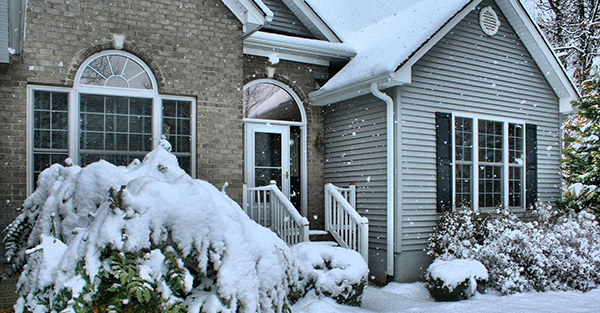

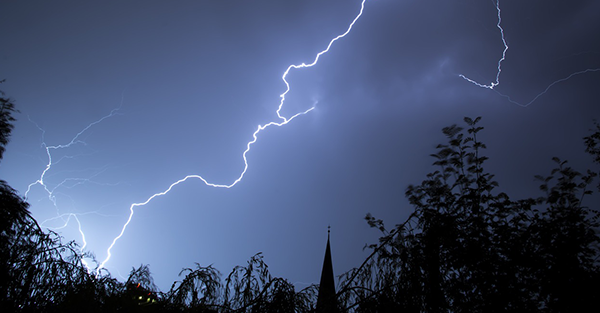
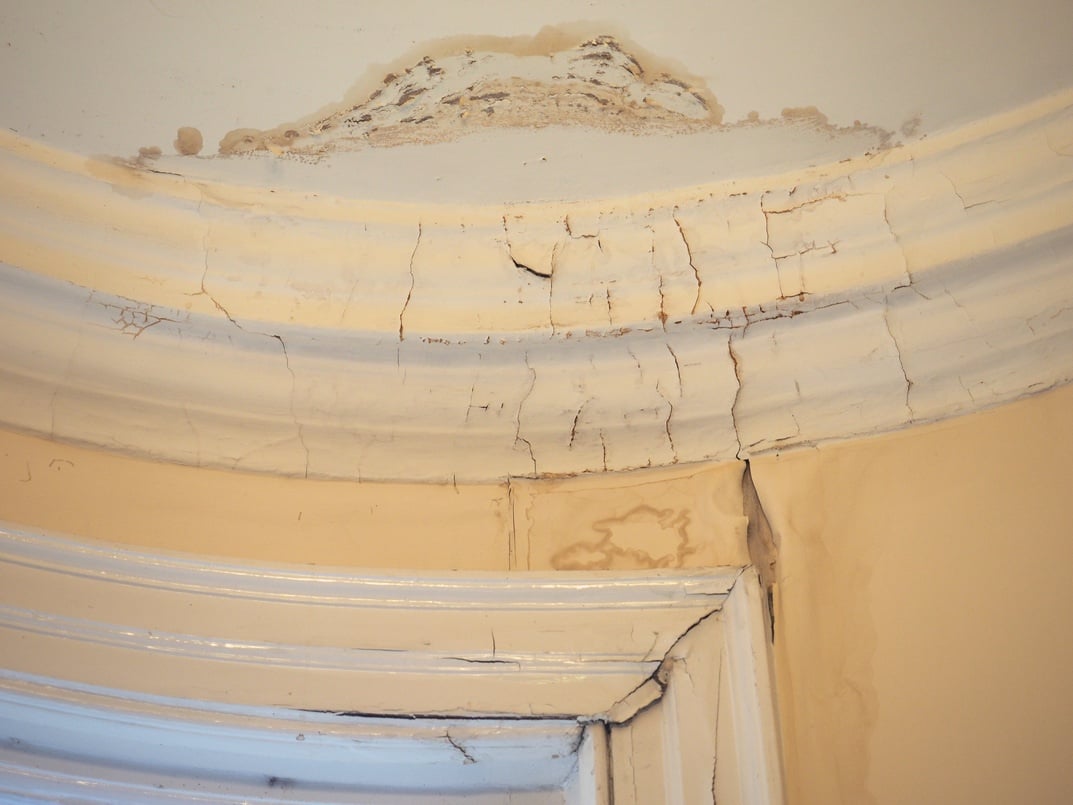
Comments